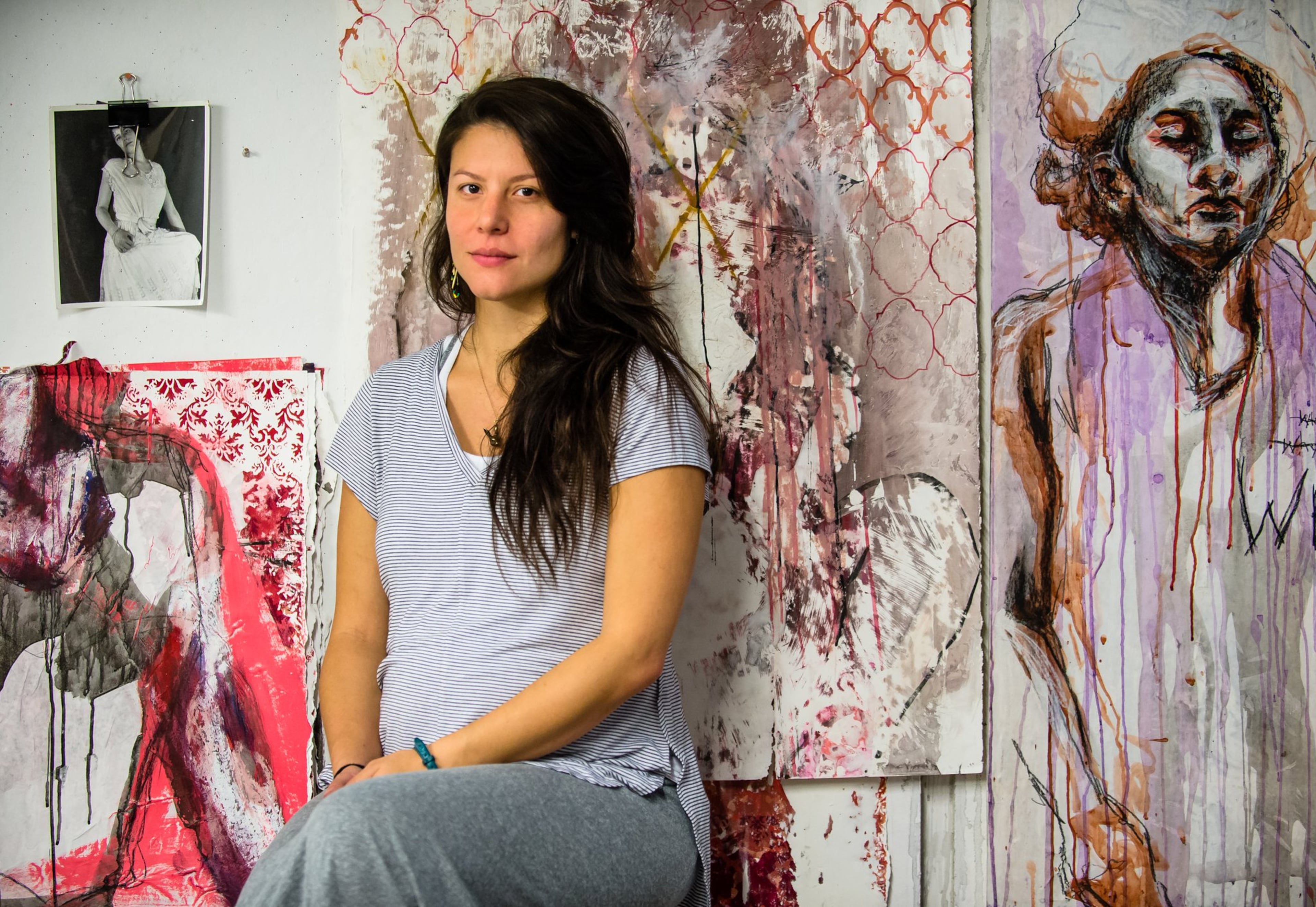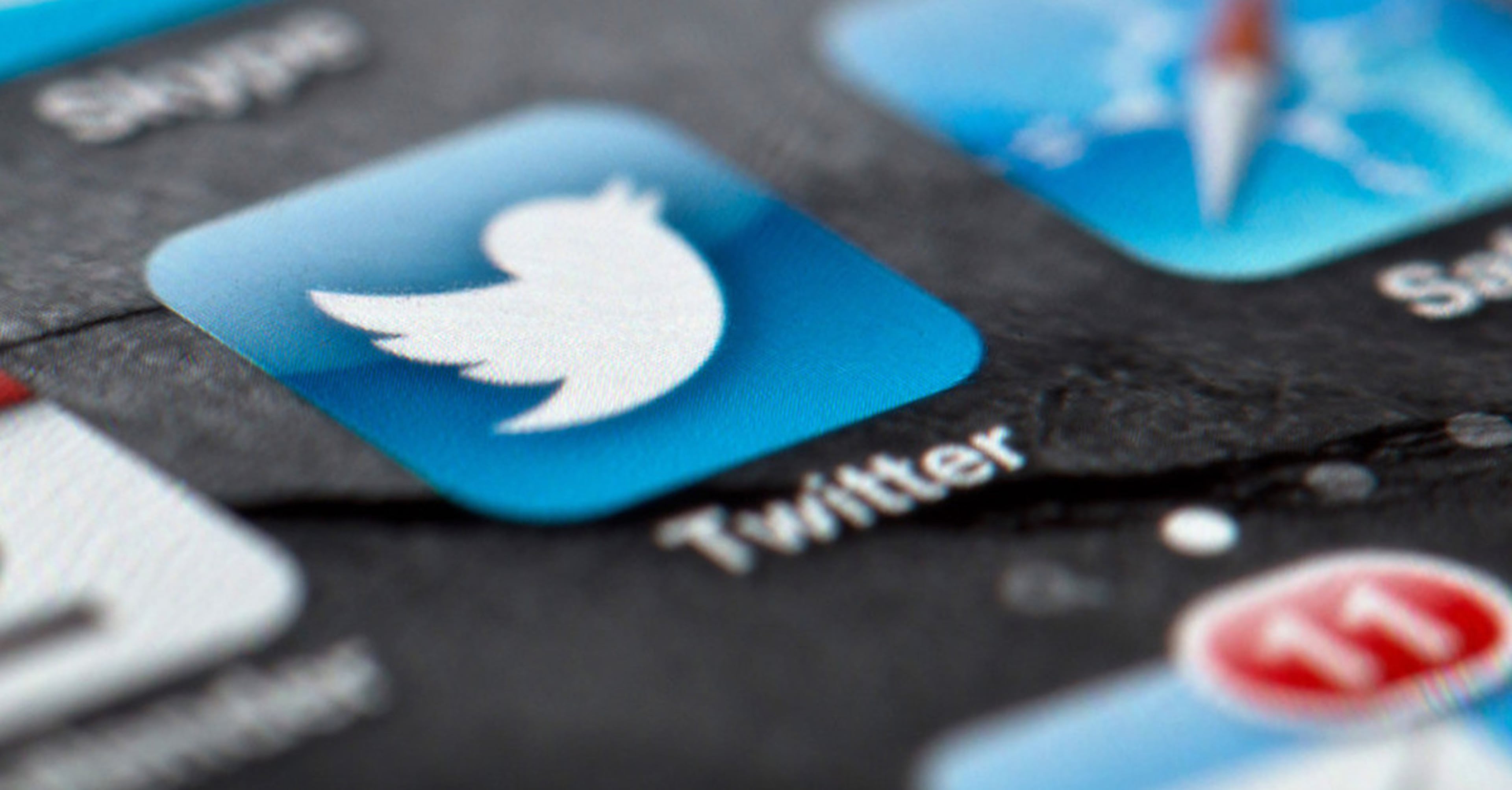Will #MeToo campaign keep building and lead to lasting change?
Nicole Schneider became emotional as she scrolled down her Twitter feed.
Woman after woman, some in their teens, some old enough to have grandchildren, revealed horrifying stories of sexual harassment and abuse.
“I was 14 he was 23, went out, thought so cool, backseat, that never the same again. hard to talk about even now. tears flow.”
“A male co-worker told me he would pay to watch me dance and that he had singles in his wallet.”
“I was sexually assaulted by a neighbor and someone I thought I could feel safe with.”
They were connected by two simple words.
Feeling empowered, Schneider started typing — #MeToo.
She was 14 or 15 when an older relative’s boyfriend came on to her. He forcibly kissed her and then popped in a porn video and masturbated in front of her.
When she was older and working in a group home for the developmentally disabled, male co-workers sometimes made lewd comments and groped her and the other women.
“I wanted to add more power to the voices that were there,” said Schneider, a 30-year-old married, stay-at-home mom of two in Norcross. “Every woman in my family has a story. Not just in my family but my friends as well. It’s something women have been combating for a long time, but it was kept in the dark.”
That’s no longer the case for many.
>> RELATED:
No way men didn’t know about Harvey Weinstein scandal
Supporters respond to #MeToo with #IBelieveYou
Teen domestic violence is often hidden
This month, The New York Times published an article detailing decades of alleged sexual misconduct by Harvey Weinstein, Hollywood executive. In the weeks since, dozens of high-profile actresses, including Ashley Judd and Gwyneth Paltrow, have accused Weinstein of sexual misconduct ranging from harassment to rape.
The incidents spurred a torrent of women using social media to speak out. It didn’t stop at Weinstein. Since that scandal broke, sexual harassment allegations have also been lodged against former President George H.W. Bush, New Orleans celebrity chef John Besh and journalist Mark Halperin.
Millions of people around the globe have used #MeToo on Twitter and posted ‘Me Too’ on Facebook.
On Oct. 17, only two days after the hashtag caught fire, nearly half the people in the United States were friends with someone who had posted ‘Me Too,’ according to Facebook.
But while #MeToo has started a conversation about sexual harassment and sexual assault, many question what’s next. Will this be a movement that leads to real change, or just the hashtag du jour?
Tarana Burke, the woman who started “MeToo” a decade ago, insists it’s a movement, not a moment.
The emotional seeds of that movement were planted years earlier, after a young girl at a youth leadership summer camp Burke ran in Alabama revealed she had been molested.
While Burke, then 22, felt horrible for the girl, she was also grappling with her own past. She was molested as a child and raped as an adult.
“I’ve spent a lot of time thinking about what I should have said to her,” said Burke. “I couldn’t offer that much comfort because I didn’t have the bandwidth for it. I hadn’t really dealt with my own issues.”
The thing that helped her heal, said Burke, was being embraced by other survivors who in essence said “Me Too” — to let her know she wasn’t alone and “wasn’t crazy” for what she was feeling.
Now 44 and living in New York, Burke wants to elevate the discussion of sexual abuse and violence. That includes urging companies to address the problem in the workforce.

“People are being forced to have conversations that they haven’t had before, and that’s a victory for us,” Burke said. “The movement has grown over time. I don’t think I could have imagined it being as huge as it is.”
Burke said she is trying to find that young girl from many years ago to apologize and explain where she was emotionally at that moment.
“I want to let her know that it had nothing to do with her,” she said. “I hope she found somebody who could hold that space that she needed.”
So what’s to stop #MeToo from being a permanent game-changer?

Itai Himelboim, associate professor at the University of Georgia's Grady College of Journalism and Mass Communication, said social media campaigns run the risk of flaming out when people behind the movement gravitate almost exclusively toward those who are like-minded, rather than reaching out to others who may be less interested in the cause.
He said the most successful social media movements connect with other communities or other movements to help reach new audiences.
For example, he said, many users who posted #Blacklivesmatter also included #Antifa and #dnc.
And on the flip side, opposing groups used #MAGA (Make America Great Again) with #tcot (Top Conservatives on Twitter) and #trump, said Himelboim, who is also the director of UGA’s SEE Suite: Social Media Engagement & Evaluation.
>> RELATED: Before #MeToo hashtag, there was Tarana Burke
Arlene Weisz, a professor at the Wayne State University School of Social Work and an expert in sexual assault prevention, is skeptical about #MeToo developing into something profound and lasting.
She recalled another social media campaign, #YesAllWomen, which was birthed in reaction to a 2014 shooting rampage in California by a killer who felt rejected by women. The hashtag was reportedly used 1.2 million times on Twitter in less than a week, with women sharing stories of harassment, abuse and fear.
But did #YesAllWomen make a significant change in the real world? It seems doubtful.
Weisz said constructive ways to make a difference already exist. These include organizations such as Men Stopping Violence, and bystander-intervention programs, which encourage people to intervene to stop sexual harassment and assault. Ideally, #MeToo would draw more people into these groups, Weisz said.
“What needs to happen is action,” she said. “The idea is to speak up when you see potential harassment. It really can save a lot of pain and change a social norm.”
Her words are all but echoed by Jessica Caldas, a prominent local artist who was raped 11 years ago, and who has mixed feelings about #MeToo.
“Awareness is a critical first step,” said Caldas. “But you would like to see some kind of action, like a pledge of support that says if you come to me with a story of sexual harassment or abuse I will feel empowered enough to confront that person.”
Caldas has long focused her work on gender-based violence. Her visual art draws from her own experience — she was sexually assaulted by an acquaintance who lived on the floor below her in a dorm at UGA in 2006.
Inside her art studio, a series of large, mixed-media drawings with pastels, paint and ink mark the 10-year anniversary of the assault. The art deals with the relationship between the trauma and the path toward recovery.
Caldas, 30, and now a graduate student at Georgia State University and an instructor, said there is no quick fix to prevent sexual assault. She said a concerted and ongoing effort to discuss boundaries, consent and what constitutes a healthy relationship is needed at an early age — not only in college but well before.
We also live in a time when empathy can seem like it’s missing, she said. “People are not … putting themselves in other people’s shoes.”
But Caldas has been heartened to see men weighing in with their own declaration: #HowIWillChange. Regardless of whether that hashtag grows into a movement, Caldas said she will remain committed to the cause that sparked it.
That’s likely no surprise to Nadine Kaslow, a professor at the Emory University School of Medicine. She said #MeToo cannot be erased. It has let a powerful genie out of a bottle.
“People feel empowered,” she said. “Sharing their stories on social media is another step in the healing process.”
SEXUAL HARASSMENT ON THE JOB
A 2016 Equal Employment Opportunity Commission study found that three out of four people who experienced harassment on the job never complained to a manager or union representative.
But the numbers are probably higher, experts say, because many victims don’t report such incidents for fear of retaliation, being blamed, or losing their jobs.
Erica Clemmons, state director of the 9to5 National Association of Working Women, sees real power in #MeToo. It has “given people a platform to stand up and be in solidarity with others,” she said. “Men have a platform to now stand up and be supportive.”
But some women still can’t get that support at work, and that must change, she said. More companies need to be proactive about raising awareness of sexual harassment and how to handle it.
Clemmons’ organization has a 9to5 Job Survival Helpline that individuals can call to get guidance, particularly employees of smaller companies that may not have a human resources department. She said the number of calls has more than doubled since the Weinstein scandal broke.
Also, the 9to5 organization will hold a Facebook Live chat at 3 p.m. on Nov. 1 called #MeToo Fights Back, where participants can learn their rights and ask questions in real time. Clemmons will provide answers, as will attorney Lisa Anderson of Atlanta Women for Equality.
To tune in, go to facebook.com/9to5org.




